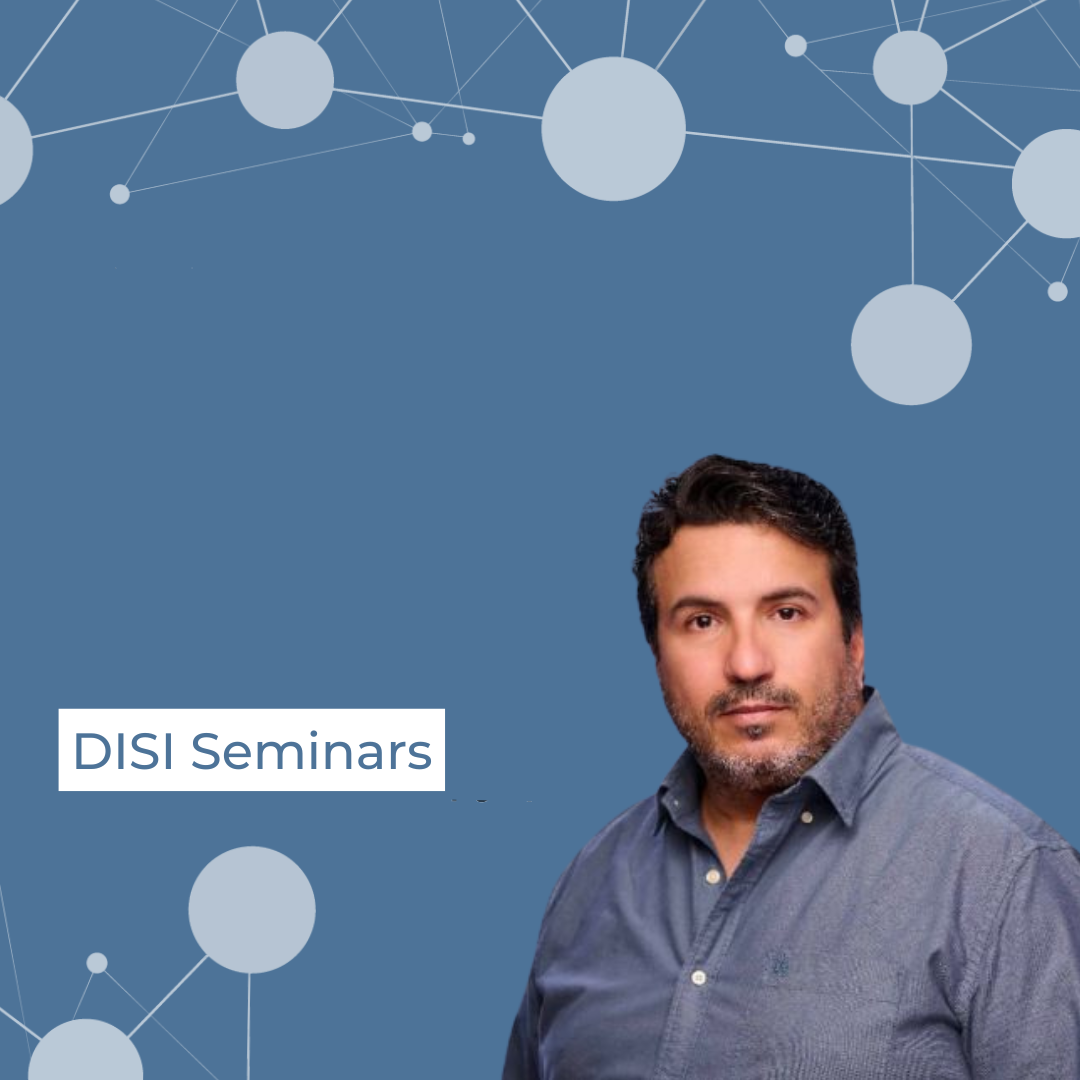
Safe Robot Learning and Control: Challenges, Strategies, and Innovations

Abstract
This presentation provides an overview of contemporary advances in safe and robotic learning frameworks. It discusses the challenges of achieving robustness, generalization, and safety in robot learning and control.
The presentation highlights advancements in learning specific skills, including repetitive periodic motions like sawing, optimizing cloth manipulation, and predicting deformable-on-rigid contact for cleaning tasks.
Furthermore, it introduces novel concepts for autonomous performance evaluation, such as using "Task Fingerprints" for task classification and the "Digital Robot Judge" (DR. J) to benchmark robot skills against human performance on standardized task boards.
About the Speaker
Fares J. Abu-Dakka received a BSc in Mechanical Engineering from Birzeit University, Palestine (2003), and advanced degrees (DEA and PhD) in robotics motion planning from the Polytechnic University of Valencia (UPV), Spain (2006, 2011), in addition to M.Sc. in Biomedical Engineering from UPV (2015). His postdoctoral journey began at the Jozef Stefan Institute, Slovenia, in 2012. From 2013 to 2016, he was a Visiting Professor at Carlos III University of Madrid, Spain, followed by a postdoctoral role at the Istituto Italiano di Tecnologia (IIT) from 2016 to 2019. He was a Research Fellow at Aalto University (2019-2022) before joining the Technical University of Munich as a Senior Scientist in 2022, where he led the Robot Learning group at MIRMI. Then he was a Lecturer and Researcher at Mondragon Unibertsitatea, Spain. Currently, he is an Assistant Professor at New York University Abu Dhabi. His research spans control theory, differential geometry, and machine learning, with a focus on improving robot manipulation performance and safety. He also serves as an Associate Editor for IEEE Robotics and Automation Letters (RA-L) and IEEE Transactions on Robotics (T-RO).